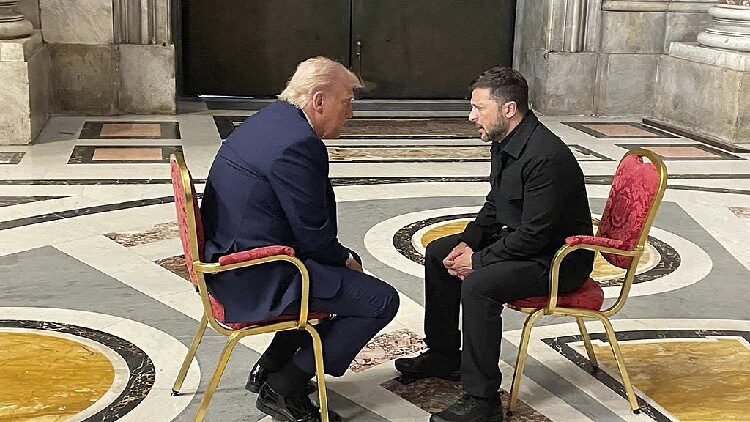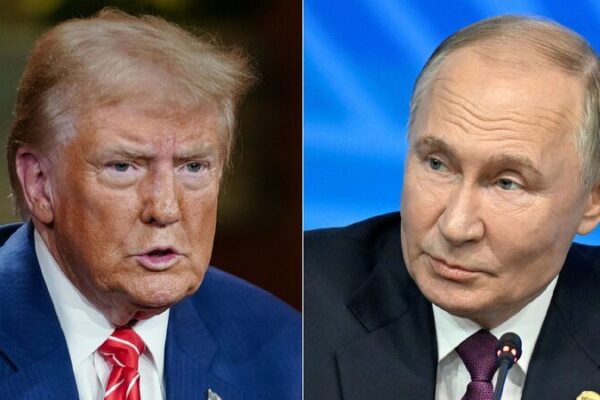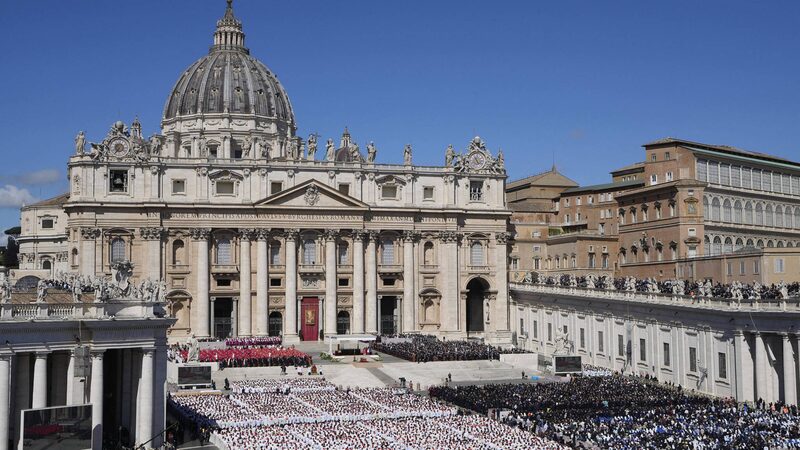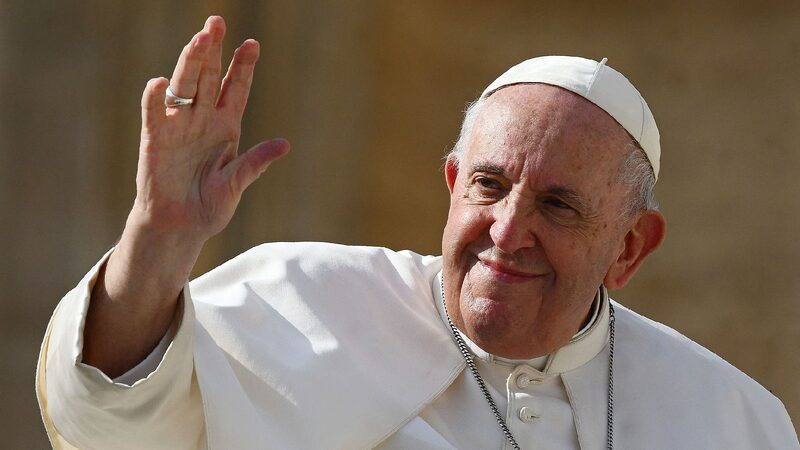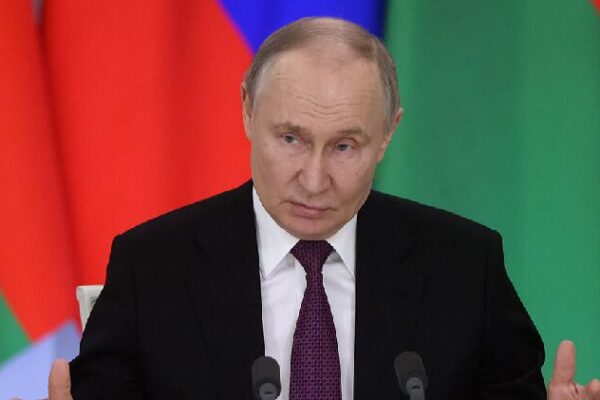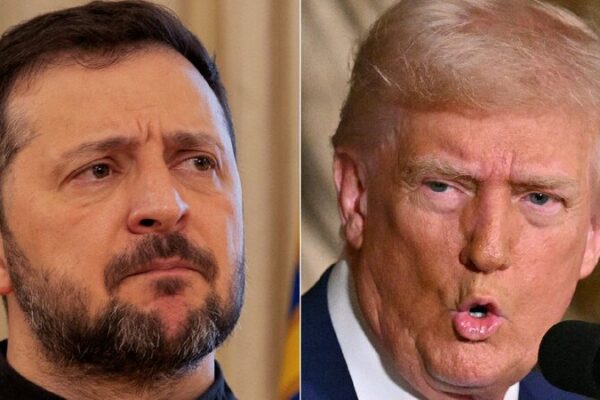Positive signs emerged on Saturday as both Russia and Ukraine expressed readiness to engage in direct negotiations aimed at ending the ongoing conflict.
The Kremlin announced that Russian President Vladimir Putin is prepared to resume peace talks with Ukraine without any preconditions. Kremlin spokesperson Dmitry Peskov told journalists, “During yesterday’s talks with U.S. President Donald Trump’s envoy, Mr. Witkoff, President Putin confirmed that the Russian side is ready to resume the negotiation process with Ukraine without preconditions.”
Meanwhile, Ukrainian President Volodymyr Zelenskyy met with U.S. President Donald Trump at the Vatican during Pope Francis’s funeral—their first face-to-face meeting since a tense encounter earlier this year. The two leaders spoke privately for about 15 minutes. The White House described the conversation as “very productive,” with more details to follow.
Zelenskyy later shared on social media that their discussion focused on “the protection of the lives of our people, a complete and unconditional ceasefire, and a reliable and lasting peace that will prevent a recurrence of war.” He added, “It was a very symbolic meeting that has the potential to become historic if we achieve joint results.”
The Ukrainian leader also held talks with French President Emmanuel Macron, UK Prime Minister Keir Starmer, and Italian Prime Minister Giorgia Meloni during the funeral proceedings. Following their meeting, Macron stated, “Ukraine is ready for an unconditional ceasefire and wishes to work alongside the Americans and the Europeans to make it happen.” He urged, “Now, President Putin must prove whether he is actually prepared to make peace.”
Zelenskyy emphasized that “an unconditional ceasefire must be in the sky, at sea, and on land, and become the first step towards establishing a just peace with reliable security guarantees.”
Despite these positive gestures, significant differences remain between the positions of the U.S. administration, Ukraine, and its European allies. Documents from recent Russia-U.S. talks indicate that Washington is proposing the legal recognition of Russia’s control over Crimea and acknowledgment of Russian-held areas in southern and eastern Ukraine.
In contrast, Europe and Ukraine prefer to defer discussions on territorial issues until after a ceasefire is established and have not mentioned recognizing Russian control over any Ukrainian territory. Zelenskyy has publicly refused to recognize Crimea as part of Russia, stating that doing so would violate Ukraine’s Constitution.
Disagreements also persist regarding how quickly sanctions on Russia would be lifted if a peace deal is signed, the nature of security guarantees for Ukraine, and how Ukraine would be financially compensated.
These developments come after President Trump threatened to abandon peace efforts if a deal is not reached soon. As the prospects for direct negotiations grow, the international community watches closely, hoping for a peaceful resolution to a conflict that has impacted countless lives.
Reference(s):
Will direct Russia-Ukraine negotiations become a reality soon?
cgtn.com
